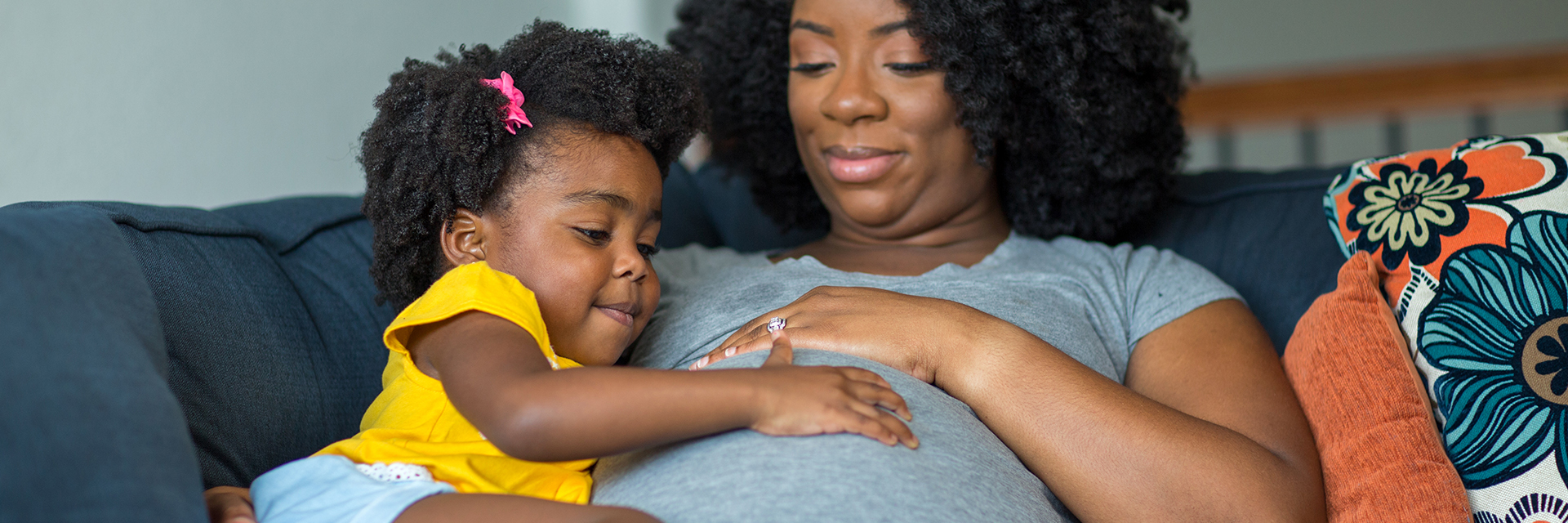Once your baby is at least a year old, you may be considering getting pregnant again. Research finds that the ideal gap between childbirth and a new pregnancy is 12–18 months (to avoid health risks to the mother and future baby).
If you decide to get pregnant after your baby reaches 1 year, keep in mind that that child will be 21 or 22 months old (ie., not even 2 yet) when the new baby comes along.
There are many pluses to having children close in age. As they grow, they often become each other’s favorite playmates. You’ll go through the baby years all at once, and your kids will move on to the school years together, which can simplify a family’s schedule.
You’ll have 2 main challenges as the mother of 2 very small children. One is to remember to take care of yourself. The second is to remember that even though your children are close in age, they are at different developmental stages. It will be important to try to keep each child’s age-specific needs in mind as they grow.
This message is not intended to provide individual medical advice. Always seek the advice of a physician or qualified healthcare provider for any questions you have about your health or medical condition, your breastfeeding issues and your infant's health. Never disregard, avoid or delay contacting a doctor or other qualified professional because of something you have read in our emails, webpages or other electronic communications.
Powered by UbiCare

